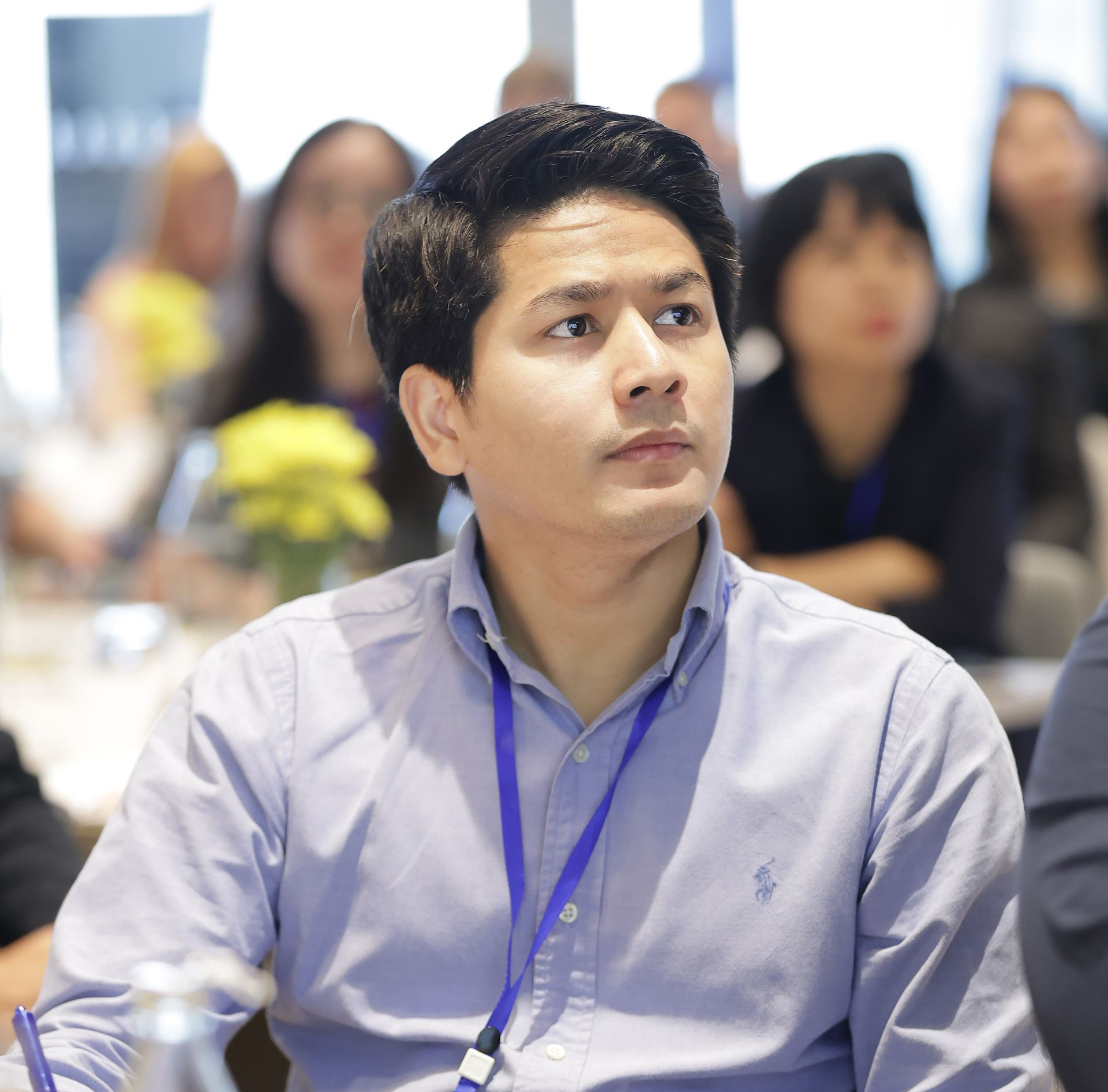The ASLIP course provided vital insights into numerous critical aspects of infrastructure development, with a special emphasis on climate change mitigation, understanding (ODA) schemes, lowering low carbon emissions, and participating in meaningful working group discussions. It has provided me with the knowledge and skills required to incorporate sustainable practices into infrastructure projects while navigating the difficulties of funding, stakeholder participation, and climate resilience. I have gained a thorough understanding of how to incorporate these components into effective leadership and decision-making for long-term infrastructure development.
My journey toward integrating carbon net zero into an urban planning framework and strategy began with an understanding of what carbon neutrality entails, which is carbon net zero means balancing carbon emissions with an equivalent amount of carbon removal, either through emissions reductions or carbon offsetting initiatives. The topics I have learned revolve around creating environments that minimize emissions, improve energy efficiency, and support a low-carbon lifestyle for urban populations. This knowledge, combined with practical skills in sustainable design, renewable energy implementation, and resource management, has allowed me to understand the vast potential of cities to reduce their environmental impact.
Participating in the ASEAN Leadership in Infrastructure Programme presents an invaluable opportunity to develop the skills and knowledge necessary to lead and manage infrastructure projects in a rapidly developing and diverse region like Southeast Asia. The course will bring together professionals from developed countries’ practices, each with unique insights and expertise. Additionally, building relationships with your, professor, expertise, and peers can help expand your understanding of infrastructure challenges and opportunities within the region.



